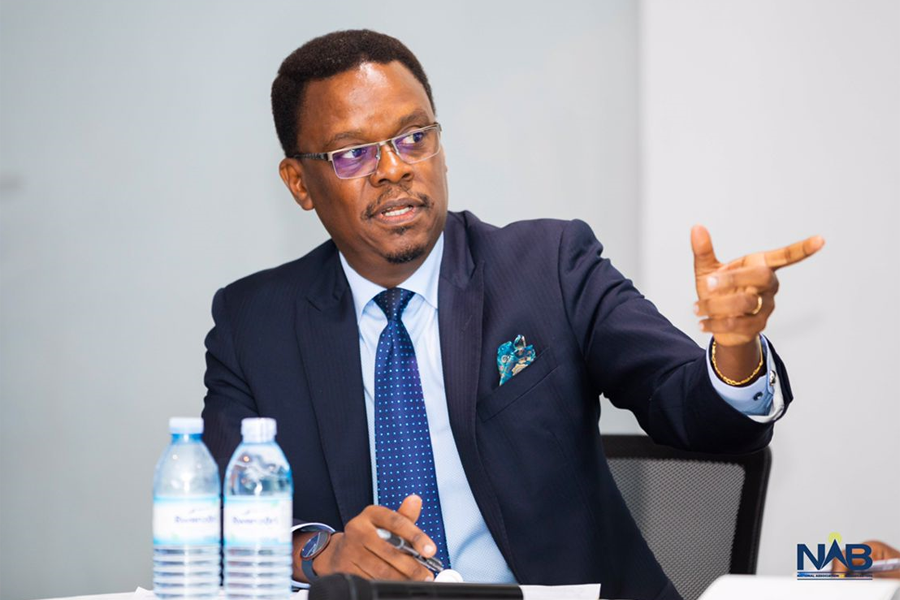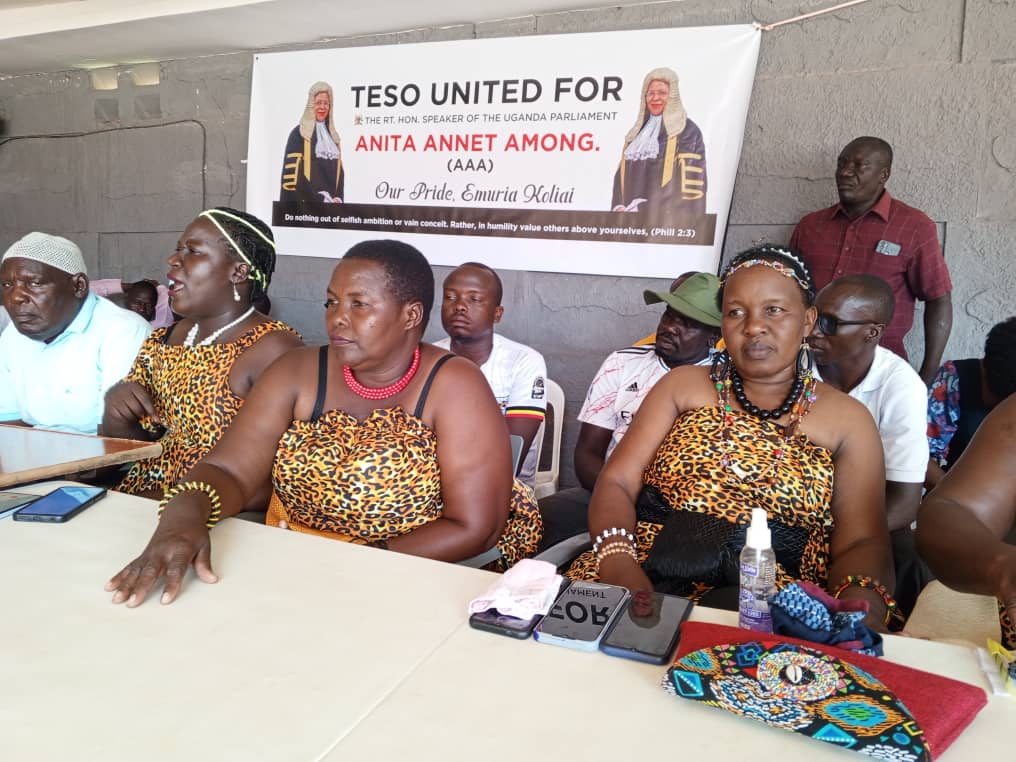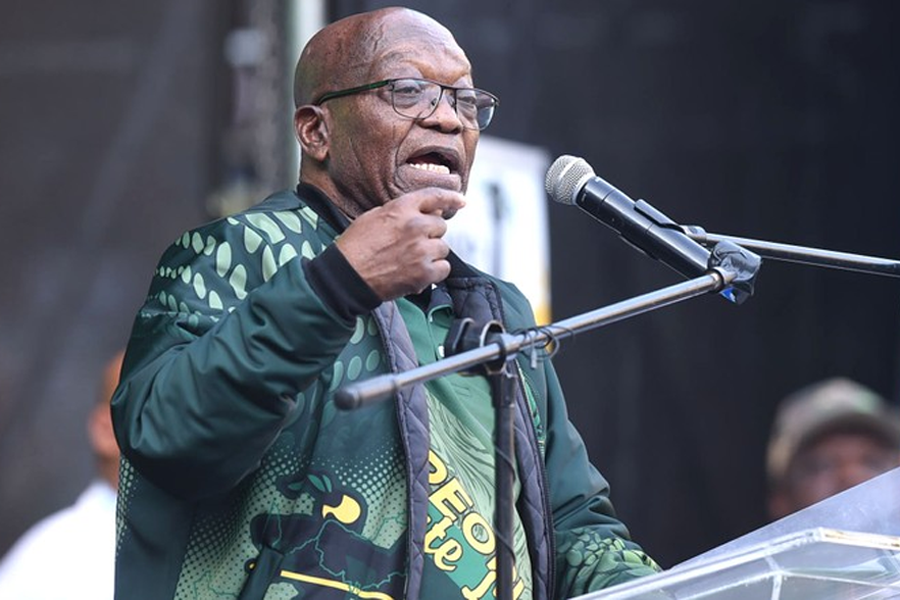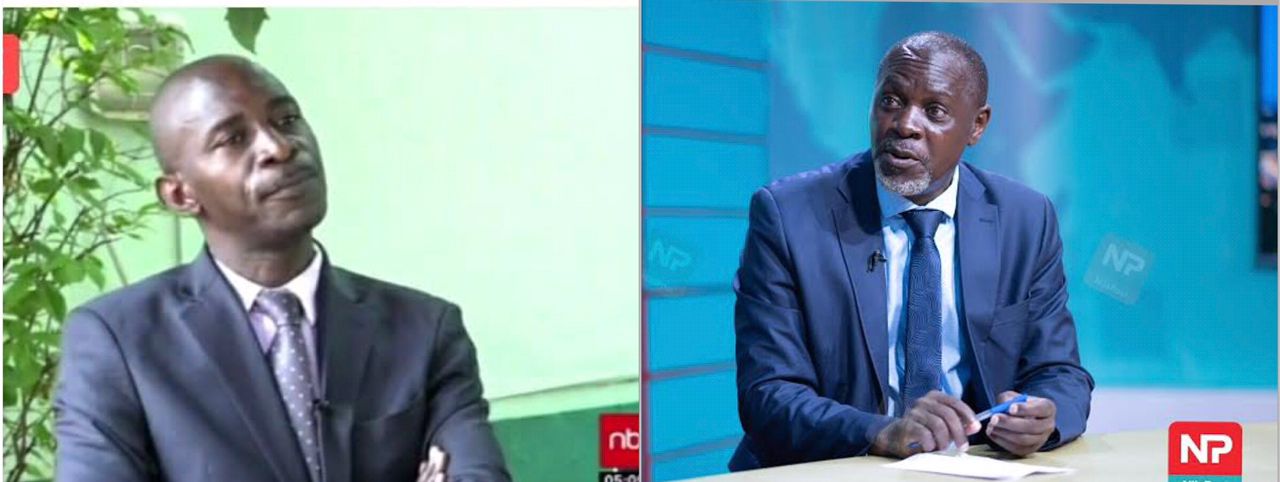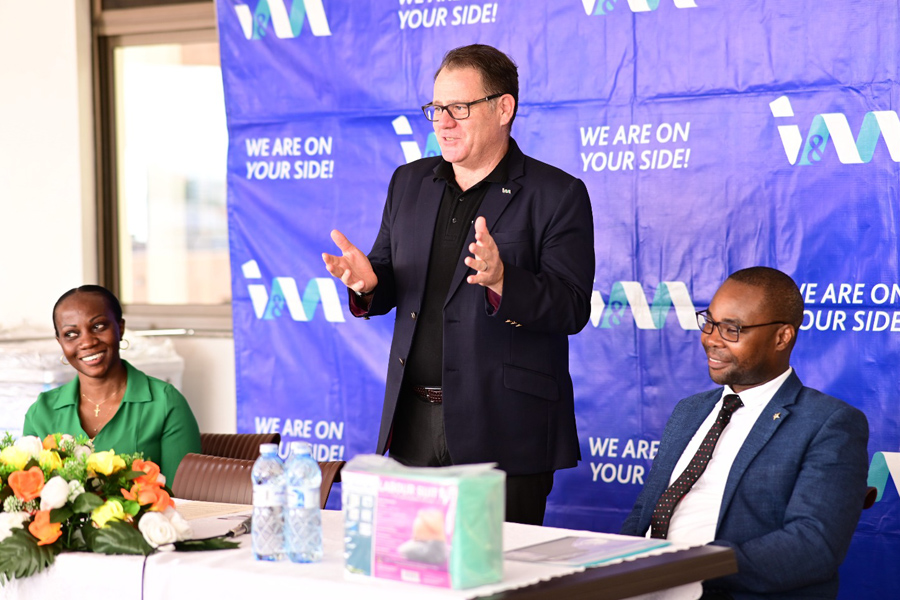Analysing NUP's corruption scandal and lessons for Opposition
In recent days, Uganda's political landscape has been rocked by a series of corruption scandals and allegations involving members of the National Unity Platform (NUP), a leading opposition party.
These revelations have sparked widespread debate and introspection, not only within NUP but also among other opposition political parties in the country.
As the fallout continues, many are asking: What lessons can opposition parties learn from NUP's ordeal?
The corruption scandals within NUP have tarnished the party's reputation and raised questions about its commitment to transparency and accountability.
From allegations of misappropriation of funds to members taking bribes, the party finds itself embroiled in a crisis that threatens to undermine its credibility and effectiveness as a political force.
One of the key lessons that opposition parties can draw from NUP's experience is the importance of internal governance and oversight mechanisms.
Transparency and accountability should not be mere slogans but must be ingrained in the organizational culture of political parties.
This entails establishing robust financial controls, conducting regular audits, and holding leaders accountable for their actions.
Moreover, opposition parties must prioritize meritocracy and integrity in their leadership selection processes.
NUP's corruption scandals have highlighted the risks associated with placing individuals in positions of power based solely on political affiliation or loyalty.
Competence, ethical conduct, and a commitment to serving the interests of the people should be the criteria for leadership roles within political parties.
Furthermore, opposition parties must cultivate a culture of openness and responsiveness to allegations of wrongdoing.
Denial and defensiveness only serve to erode public trust further.
Instead, parties should conduct thorough investigations into allegations of corruption, cooperate with law enforcement agencies, and take swift and decisive action against those found guilty of misconduct.
In addition to internal reforms, opposition parties must also focus on building alliances and coalitions based on shared values and objectives.
The fragmentation of the opposition only serves to weaken its collective ability to challenge the ruling party effectively.
By working together, parties can leverage their strengths and resources to hold the government accountable and advocate for meaningful reforms.
Ultimately, the NUP corruption scandals serve as a cautionary tale for opposition parties in Uganda and beyond.
They underscore the importance of upholding ethical standards, fostering internal democracy, and prioritizing the interests of the people above all else.
As Uganda's political landscape continues to evolve, opposition parties must heed these lessons if they are to regain the trust and support of the electorate and fulfill their role as agents of change and progress.



